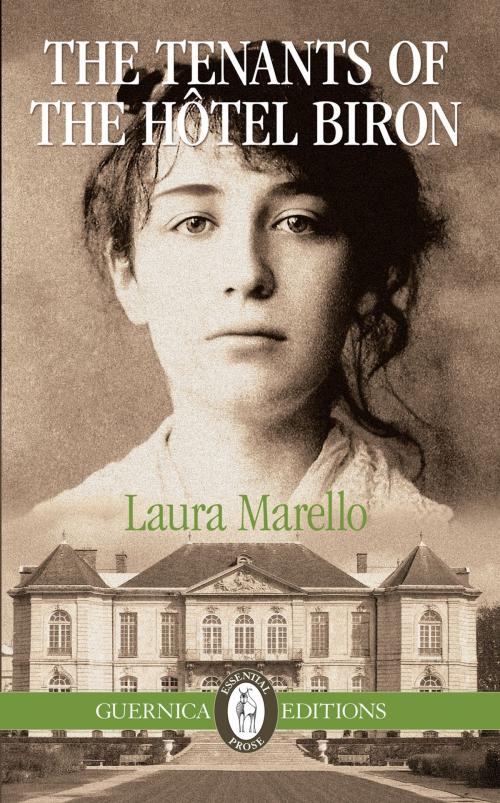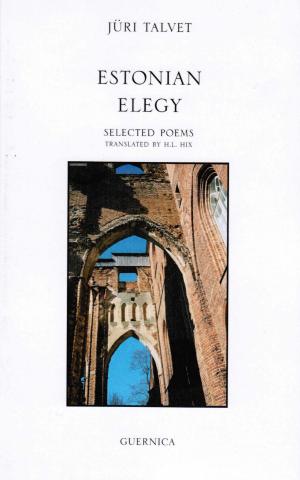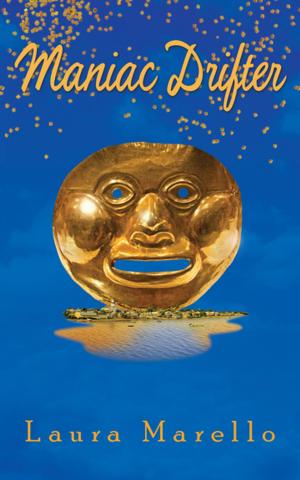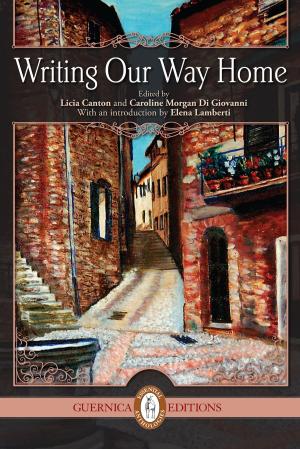| Author: | Laura Marello | ISBN: | 9781550713602 |
| Publisher: | Guernica Editions | Publication: | January 1, 2012 |
| Imprint: | Guernica | Language: | English |
| Author: | Laura Marello |
| ISBN: | 9781550713602 |
| Publisher: | Guernica Editions |
| Publication: | January 1, 2012 |
| Imprint: | Guernica |
| Language: | English |
Laura Marello writes, through the voice of Eduard Steichen, that “… all these powerful artists are so invulnerably weak.” Rodin, his lover Camille Claudel, Picasso, Rousseau, Nijinski, Matisse, Rilke and others, all tenants of Hôtel Biron, and all brilliantly and excitedly human, presented by manuscripts fictionally collected. The result is an appropriately cubist look at each, because we see each from several subjective vantages. This is a brilliantly conceived work of reflective and self-reflective parts. With Marello we get to imagine, as war is coming on, the confusions and certainties of competing artists, conflicting and collaborating geniuses in a world of misunderstood avant-garde where gallery patrons sometimes slashed canvases. The tenants, as a “decadent” group in much of the public eye, were entropic, burning up on mutual energy but producing lasting art and reputation. And there is a love story at the core: Rodin and Claudel, medieval in its passion and constraint, physical and spiritual amidst wild theologies of art. As each character speaks to us from manuscript and letters, their mutual story moves on. Chaucer would have loved it.
Laura Marello writes, through the voice of Eduard Steichen, that “… all these powerful artists are so invulnerably weak.” Rodin, his lover Camille Claudel, Picasso, Rousseau, Nijinski, Matisse, Rilke and others, all tenants of Hôtel Biron, and all brilliantly and excitedly human, presented by manuscripts fictionally collected. The result is an appropriately cubist look at each, because we see each from several subjective vantages. This is a brilliantly conceived work of reflective and self-reflective parts. With Marello we get to imagine, as war is coming on, the confusions and certainties of competing artists, conflicting and collaborating geniuses in a world of misunderstood avant-garde where gallery patrons sometimes slashed canvases. The tenants, as a “decadent” group in much of the public eye, were entropic, burning up on mutual energy but producing lasting art and reputation. And there is a love story at the core: Rodin and Claudel, medieval in its passion and constraint, physical and spiritual amidst wild theologies of art. As each character speaks to us from manuscript and letters, their mutual story moves on. Chaucer would have loved it.















